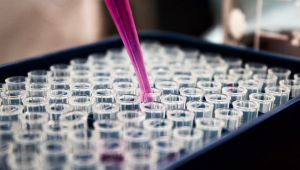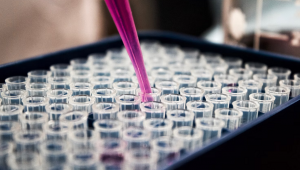AI-Powered Drug Development Startup Pathos AI Closes $365M Investment
Pathos AI Inc., a startup utilizing artificial intelligence to develop novel oncology drugs, has successfully raised $365 million in a late-stage funding round. The Series D investment round has valued the company at $1.6 billion. While the company did not disclose the specific investors involved, FierceBiotech reported that both new and existing backers participated in the round.
Pathos AI has developed a platform called PathOS, designed to ease the workload of pharmaceutical scientists by hosting petabytes of oncology and genomic data. Researchers can analyze this data to identify ways to improve clinical trials for new drugs. The company is currently conducting trials for two cancer drugs licensed from Novo Nordisk AS and Prelude Therapeutics Inc.
The newly raised funds will be used to finance these clinical studies and develop what Pathos describes as the largest AI foundation model for oncology research. This AI model is designed to process multimodal clinical, molecular, and imaging data, promising to help drug makers design more effective clinical trials. It is also expected to simplify tasks such as discovering new cancer biomarkers more efficiently.
In April, Pathos partnered with AstraZeneca plc and healthcare technology company Tempus AI Inc. to support its AI development efforts. Tempus will supply anonymized oncology data to help train the model, with the collaboration including $200 million worth of data licensing and model development agreements.
“Pathos was founded to transform drug development by harnessing the full potential of multimodal data and AI,” said Chief Executive Iker Huerga. “With this financing, we’re building one of the most advanced AI engines, designed to accelerate development, deepen clinical insight, and ensure the right therapies reach the patients who need them most.”
The development of AI models optimized for medical research is a growing trend, with other companies like Google LLC and Microsoft Corp. also making significant advancements. In March, Google released TxGemma, a series of language models designed to help researchers more quickly develop new drugs. Microsoft introduced an algorithm called TamGen that automates some of the work involved in discovering molecules with therapeutic applications.



